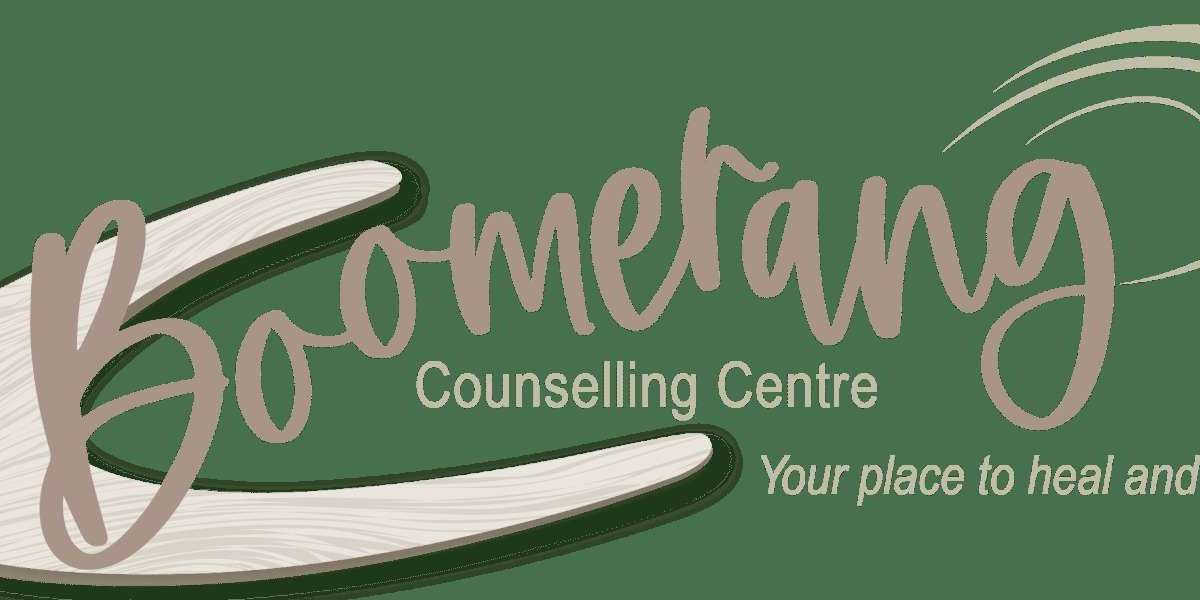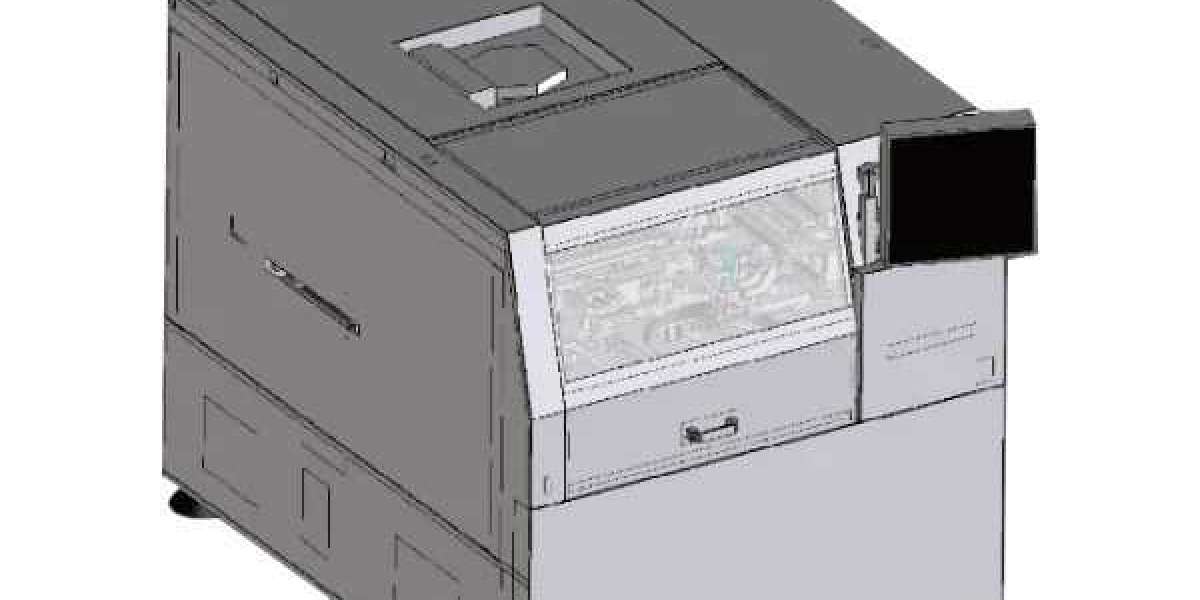Dyslexia is a common learning difficulty that primarily affects the skills involved in reading, writing, spelling, and word comprehension. It often begins in childhood and can persist into adulthood if not properly addressed. While it is not related to intelligence, dyslexia can significantly impact a person's academic and professional life. Fortunately, there are resources and services offering free dyslexia help for adults, which can make a significant difference in improving reading and writing skills later in life.
What is Dyslexia?
Dyslexia is a neurological condition that affects the way the brain processes written and spoken language. People with dyslexia may have difficulty decoding words, identifying speech sounds, and understanding how these sounds relate to letters and words. This can make tasks like reading a book, writing an email, or spelling correctly much more challenging.
Although dyslexia is typically diagnosed in childhood, many adults either go undiagnosed or continue to struggle with its effects throughout their lives. Some adults may only discover they have dyslexia after facing repeated difficulties in academic or work settings.
Signs of Dyslexia in Adults
Recognizing dyslexia in adulthood can be the first step toward seeking help. Common signs include:
Struggling to read quickly or accurately
Difficulty with spelling
Frequently mixing up letters or words when writing
Trouble following written instructions
Avoiding tasks that involve reading or writing
Feeling overwhelmed when reading aloud
If you or someone you know experiences these symptoms, it’s important to understand that you’re not alone—and more importantly, that support is available.
Why Seek Help for Dyslexia as an Adult?
Many adults with dyslexia may feel discouraged or embarrassed by their difficulties, especially if they believe that help is only for children. However, seeking support can lead to significant improvements in both personal and professional areas of life.
Improved reading and writing skills can lead to better job performance, higher self-confidence, and a more active social life. Adults with dyslexia can also develop effective coping strategies to handle everyday tasks more efficiently. Best of all, there are many programs and tools offering free dyslexia help for adults, ensuring that cost is not a barrier to progress.
Free Dyslexia Help for Adults: Where to Start
Finding affordable or free dyslexia help for adults has become easier in recent years, thanks to the availability of online resources, community programs, and educational tools. Here are some great places to begin:
1. Online Learning Platforms
Websites like DyslexiaHelp at the University of Michigan or Understood.org offer free resources, including reading strategies, writing guides, and assistive technology tutorials. These tools are designed specifically for people with dyslexia and are excellent starting points.
2. Public Libraries
Many local libraries offer free literacy programs, adult education classes, or tutoring services. Librarians can also guide you to books and tools tailored for adults with dyslexia.
3. Community Colleges and Adult Learning Centers
Some community colleges have adult literacy programs or offer accommodations for learners with dyslexia. These services often include assessments, one-on-one tutoring, and workshops—and many are free or low-cost.
4. Assistive Technology
There is a wide range of free tools available online that can help adults manage dyslexia more effectively. Examples include:
Text-to-speech software (like NaturalReader or Read Aloud browser extensions)
Speech-to-text tools (such as Google Docs voice typing)
Spelling and grammar checkers (like Grammarly)
These tools can make reading and writing tasks less daunting, allowing adults to function more independently and confidently.
5. Nonprofit Organizations
Many nonprofit organizations are dedicated to providing free dyslexia help for adults. For example, the International Dyslexia Association (IDA) and the Dyslexia Foundation offer resources, support groups, and directories for finding local assistance.
Tips for Adults Managing Dyslexia
Even with free help, managing dyslexia requires time, patience, and consistency. Here are a few practical tips:
Practice regularly: Set aside time daily for reading or writing activities using tools tailored for dyslexia.
Break tasks into steps: Avoid overwhelm by tackling tasks in smaller parts.
Use visual aids: Charts, color coding, and diagrams can help with comprehension.
Set realistic goals: Celebrate small achievements to build confidence.
Join a support group: Talking with others who have dyslexia can provide emotional support and practical advice.
The Importance of Early Diagnosis—Even in Adulthood
While dyslexia typically starts in childhood, many adults may not have been diagnosed when they were younger. If you suspect that you may have dyslexia, it's never too late to get evaluated. A diagnosis can open the door to accommodations at work or school, and it provides clarity that can lead to more effective support.
A formal assessment can often be arranged through educational institutions, nonprofit organizations, or qualified specialists. In some cases, these assessments may be available at reduced cost or even free through community programs.
Final Thoughts
Dyslexia does not define intelligence or potential. With the right tools, strategies, and support, adults with dyslexia can thrive in their personal and professional lives. If you're seeking free dyslexia help for adults, know that numerous resources exist to guide you every step of the way.







